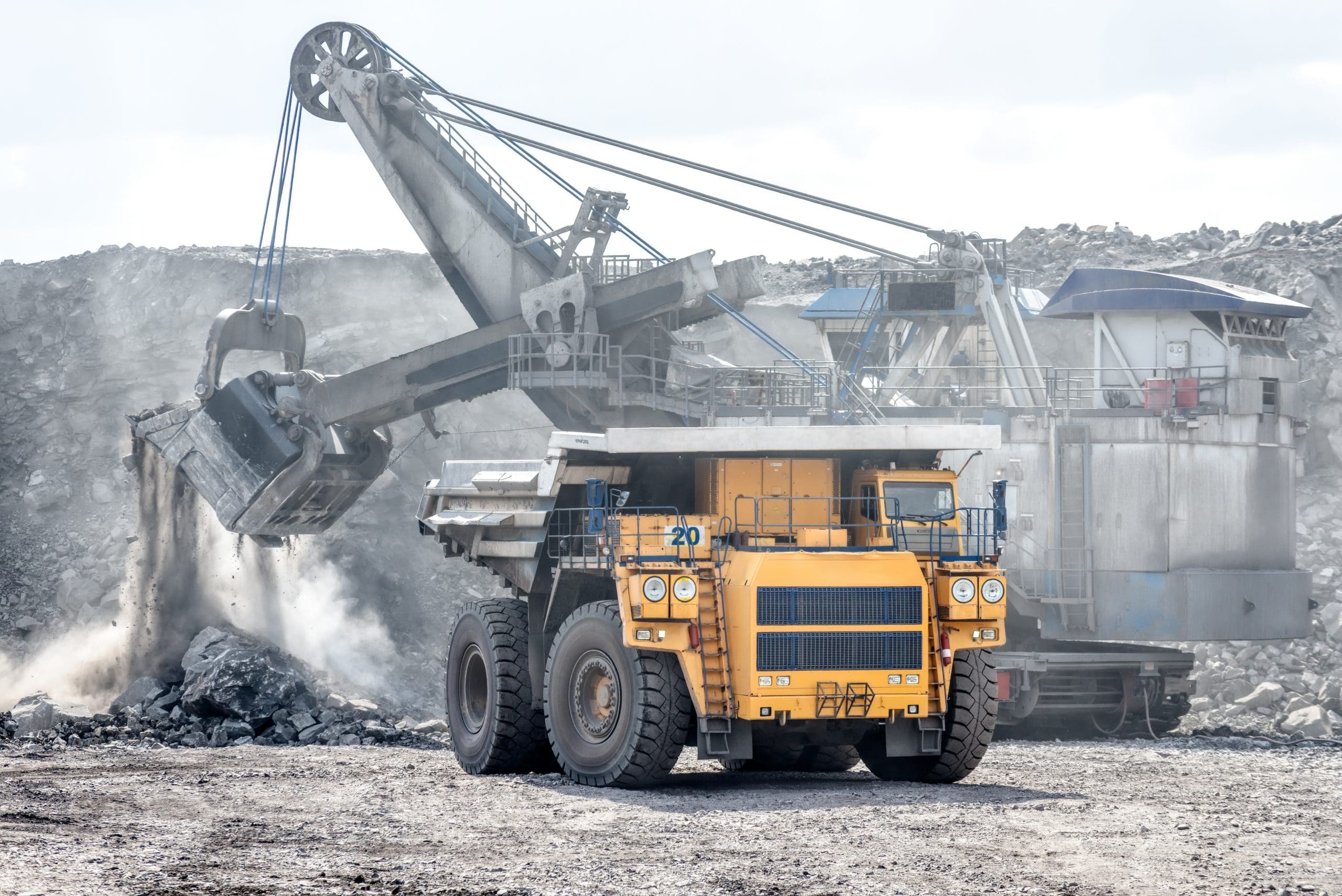A recent report from the Resources and Energy Quarterly (REQ) has revealed since the end of February there has been a “surge in price” for resource and energy goods from Australia. This includes lithium exports, which the government says will almost double by the end of 2024.
They predict that over $405 billion will be gained this year from global exports.
Iron Ore is one of the most in demand products says Ms King with $133 billion set to be made off that trade alone, but it’s expected to rise.
“The value of iron ore exports is expected to moderate further in 2023–24, as prices ease toward their historical average below US$100 a tonne.”
China, India, and the EU are the biggest users of iron ore with Australia being the largest producer in the world according to the REQ.
Recovery from the pandemic can also be contributed to the soaring exports said the REQ.
“The outlook for Australia’s mineral exports remains strong, as the world economy rebounds from the impact of the COVID-19 pandemic and energy shortages persist.
“High prices, good volume growth and a weak Australian dollar are driving a surge in export earnings.”

Other highly sought-after materials include lithium, nickel and copper which are all crucial for clean energy with total revenue amassing to $23 billion last year.
This trend of increased global export revenue is largely contributed to the Russian invasion of Ukraine says Ms King.
“Australia’s resources and energy sector continues to underpin Australia’s economy and to support international energy security during the global turbulence caused largely by Russia’s invasion of Ukraine.”
She also mentioned that high gas and coal prices were to be blamed on global demand for our energy and recent flooding events.






